Home>Garden Essentials>What Is A Substitute For Fennel Seed
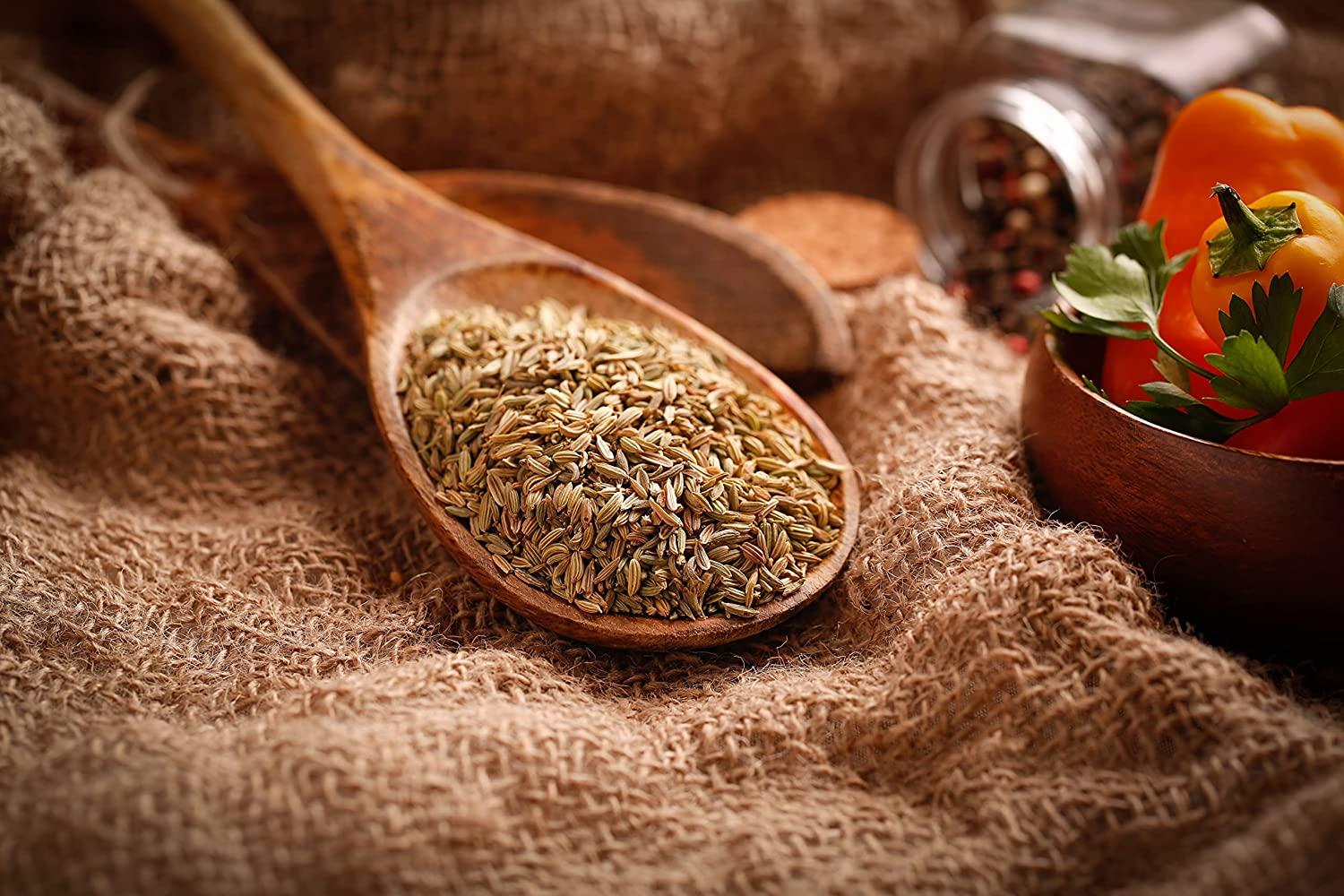

Garden Essentials
What Is A Substitute For Fennel Seed
Modified: March 16, 2024
Looking for a substitute for fennel seed in your garden? Discover alternative herbs and spices that can add similar flavor profiles to your culinary creations.
(Many of the links in this article redirect to a specific reviewed product. Your purchase of these products through affiliate links helps to generate commission for Storables.com, at no extra cost. Learn more)
Introduction
Welcome to the wonderful world of gardening! Whether you are a seasoned gardener or just starting out, you know that growing your own plants and vegetables is a rewarding experience. But what happens when you come across a recipe that calls for fennel seed, and you don’t have any? Don’t worry, we’ve got you covered!
Fennel seed is a popular spice that is commonly used in cooking, particularly in Mediterranean and Middle Eastern cuisine. It has a distinct licorice-like flavor and a slightly sweet aroma. Fennel seed is used to add depth and complexity to dishes such as soups, stews, sauces, and baked goods. It is also commonly used in herbal tea blends and for medicinal purposes.
However, there may be times when you find yourself in a situation where you need a substitute for fennel seed. It may be because you don’t have any on hand, or perhaps you don’t care for the taste of fennel seed. Whatever the reason may be, there are several alternatives that can be used to replicate the flavor and aroma of fennel seed in your recipes.
Before we dive into the substitutes for fennel seed, it’s important to consider a few factors. Firstly, it’s essential to understand the flavor profile of fennel seed so that you can choose a substitute that complements your dish. Keep in mind that while the substitutes may have similar flavors, they may not have the exact same taste as fennel seed.
Secondly, consider the texture and appearance of fennel seed. If you are using it as a garnish or for its visual appeal, you may want to choose a substitute that looks similar. Lastly, take into account any dietary restrictions or allergies that you or your guests may have, as some substitutes may not be suitable for everyone.
Now that we have covered the basics, let’s explore the common substitutes for fennel seed and how they can be used in your culinary adventures.
Key Takeaways:
- When you need a substitute for fennel seed, consider using anise seed, caraway seeds, or dill seeds. Each alternative offers a unique flavor profile that can enhance your recipes, so be adventurous and experiment with these substitutes to create mouthwatering dishes.
- Remember to start with smaller quantities of the substitutes and adjust according to your taste preferences. Whether you choose anise seeds for their licorice-like taste, caraway seeds for their earthy notes, or dill seeds for their herbaceous quality, each substitute offers its own delightful qualities.
Read more: What Can I Substitute For Fennel Seeds
Overview of Fennel Seed
Fennel seed, scientifically known as Foeniculum vulgare, is a small oval-shaped seed that comes from the fennel plant. It is native to the Mediterranean region but is now cultivated in various parts of the world. Fennel seeds are known for their distinct taste and aroma, which resemble licorice or anise.
One of the reasons why fennel seed is popular in culinary applications is its versatility. It can be used in both sweet and savory dishes, adding a unique flavor profile and enhancing the overall taste. It is often used in Mediterranean, Indian, and Middle Eastern cuisines to provide a delicate and slightly sweet flavor.
In addition to its culinary uses, fennel seed also offers several health benefits. It is rich in essential oils, phytonutrients, and antioxidants that contribute to its medicinal properties. Fennel seed has been traditionally used in herbal medicine to aid digestion, relieve bloating and gas, and promote overall gut health. It is also believed to have anti-inflammatory and antimicrobial properties.
Furthermore, fennel seed contains valuable nutrients such as fiber, vitamins C and B6, potassium, and manganese. It is low in calories and can be a great addition to a balanced diet, providing flavor and nutritional value.
When it comes to using fennel seeds in a recipe, they can be used whole or ground. Whole seeds are often toasted before being used to enhance their flavor. Ground fennel seeds are commonly used in spice blends, marinades, and rubs.
It’s worth noting that fennel seed has a strong aroma, and its flavor can be quite intense. Therefore, it’s important to use it in moderation to prevent it from overpowering other ingredients in a dish.
Now that you have a better understanding of what fennel seed is and its characteristics, let’s explore some suitable substitutes that can be used in its place when necessary.
Reasons for Finding Substitutes
There are various reasons why you may need to find substitutes for fennel seed. Here are a few situations that might prompt you to look for alternatives:
1. Unavailability: Sometimes, fennel seed may not be readily available in your pantry or local grocery store. It could be out of stock or just not a commonly stocked item in your area. In such cases, finding a suitable substitute becomes essential to continue preparing your desired recipes.
2. Allergies or Sensitivities: Some individuals may have allergies or sensitivities to fennel seed. These can manifest as digestive discomfort, skin reactions, or respiratory issues. If you or someone you are cooking for has such allergies or sensitivities, opting for a substitute can help you avoid any adverse reactions.
3. Personal Preferences: Fennel seed has a unique flavor that may not be enjoyed by everyone. Its distinct licorice-like taste can be an acquired taste, and not everyone appreciates it. If you are not a fan of fennel seed or cooking for someone who dislikes this particular flavor, finding a substitute can be a great way to still incorporate similar notes without using fennel seed.
4. Culinary Experimentation: As an adventurous cook, you may enjoy trying out new flavors and experimenting in the kitchen. Using substitute ingredients for fennel seed can be an exciting way to explore different tastes and create unique flavor combinations in your dishes.
Whatever your reason may be, finding suitable substitutes for fennel seed allows you to maintain the desired flavor profiles in your recipes while accommodating personal preferences, dietary restrictions, and ingredient availability.
Now that we understand the reasons for seeking substitutes, let’s dive into the factors to consider when choosing the most appropriate alternatives to fennel seed.
Factors to Consider When Choosing Substitutes
When choosing substitutes for fennel seed, there are several factors to consider to ensure that the replacement ingredient complements your dish. Here are some key factors to keep in mind:
1. Flavor Profile: Fennel seed has a distinct licorice-like flavor with sweet undertones. When selecting a substitute, aim for an ingredient that shares similar flavor notes. Consider whether you want a milder, sweeter, or more robust flavor to match your recipe.
2. Intensity: Fennel seed has a strong flavor, so consider the intensity of the substitute ingredient. Adjust the quantity accordingly to prevent overpowering the other flavors in your dish.
3. Texture: Take into account the texture and appearance of fennel seed if you are using it as a visual element or garnish. Choose a substitute that resembles the size, shape, and texture of fennel seeds, if desired.
4. Cooking Method: Determine how the substitute will be used in your recipe. If the recipe requires toasting or grinding the fennel seed, ensure that the substitute can be treated in a similar manner.
5. Allergies and Dietary Restrictions: It’s crucial to consider any allergies or dietary restrictions when selecting a substitute. Ensure that the substitute is suitable for everyone who will be consuming the dish.
6. Culinary Compatibility: Consider the overall flavor profile of your dish and how the substitute ingredient will complement other ingredients. Think about the complementary and contrasting flavors to create a harmonious and balanced final result.
By considering these factors, you can choose a suitable substitute for fennel seed that aligns with your recipe and personal preferences.
Now that you understand the important factors to consider, let’s explore some of the common substitutes for fennel seed and how they can be used in your cooking.
Common Substitutes for Fennel Seed
While no substitute can perfectly replicate the unique flavor of fennel seed, there are several alternatives that can provide similar taste profiles and aromas. Here are some common substitutes for fennel seed:
- Anise Seed: Anise seed closely resembles the flavor and aroma of fennel seed as it shares the same licorice-like notes. It can be used as a 1:1 substitute for fennel seed in recipes.
- Caraway Seeds: Caraway seeds have a slightly earthier flavor compared to fennel seed but still possess a mild licorice-like taste. Use caraway seeds as a substitute in dishes like bread, stews, and soups, but in smaller quantities as they have a stronger flavor.
- Dill Seeds: Dill seeds have a similar appearance to fennel seeds but offer a slightly different flavor profile. They have a fresh, herbal taste with a hint of anise flavor. Dill seeds work well as a substitute in pickles, salads, and fish dishes.
- Celery Seeds: Celery seeds have a slightly bitter and nutty flavor, but when used in small quantities, they can provide a similar aromatic note to fennel seeds. They are often used in spice blends, dressings, and coleslaw recipes.
- Cumin Seeds: Cumin seeds have a warm and earthy flavor profile, with hints of smokiness. While they don’t have the same licorice-like taste as fennel seed, they can add depth to dishes and work as a substitute in recipes where fennel seed is used as a spice or seasoning.
- Star Anise: Star anise has a strong licorice flavor and aroma, making it a suitable alternative for fennel seed. However, it is more potent, so use it sparingly. Star anise is commonly used in Chinese and Vietnamese cuisine, particularly in savory dishes and soups.
- Coriander Seeds: Coriander seeds have a citrusy and slightly floral flavor, with a hint of sweetness. While they don’t taste like fennel seed, their aromatic and unique flavor can complement similar dishes. They work well in spice blends, curries, and marinades.
- Fenugreek Seeds: Fenugreek seeds have a slightly bitter taste with subtle notes of maple. While they don’t resemble the flavor of fennel seed, they can be used as an alternative in certain recipes, particularly in Indian and Middle Eastern cooking.
- Tarragon: Tarragon is an herb with a distinct flavor that has hints of licorice. It can be a good substitute for fennel seed, especially in recipes where the herbaceous quality of tarragon can enhance the overall taste.
Remember, when using these substitutes, start with a smaller amount and adjust according to taste to achieve the desired flavor profile in your dish.
With these common substitutes, you can still enjoy flavorful dishes even when you don’t have fennel seed on hand. Experiment with these alternatives to create unique flavor combinations and keep your culinary adventures exciting!
Now that you are familiar with the common substitutes for fennel seed, it’s time to put this knowledge to use and explore the world of delicious flavors in your recipes.
Read more: What Is A Fennel Seed
Anise Seed
Anise seed is one of the closest substitutes for fennel seed due to its similar licorice-like flavor and aroma. It comes from the Pimpinella anisum plant and is commonly used in culinary applications, particularly in baking and confectionery.
When using anise seed as a substitute for fennel seed, keep in mind that its flavor can be slightly stronger. Start by using an equal amount of anise seed as you would fennel seed and adjust according to your taste preferences. Anise seed can be used in both sweet and savory dishes, adding a unique and delightful twist to your recipes.
You can use anise seed as a substitute in various recipes, such as bread, cookies, cakes, and pastries. It is also a popular ingredient in beverages like herbal teas, liqueurs, and flavored spirits.
If you are using anise seed in place of fennel seed in savory dishes, such as soups, stews, or sauces, remember to use it sparingly to avoid overpowering the other flavors. Anise seed can bring a vibrant and aromatic element to these dishes.
One of the benefits of using anise seed is that it pairs well with other spices like cinnamon, cloves, and nutmeg. Its warm and sweet flavor can enhance the overall complexity of your recipes.
Keep in mind that while anise seed can provide a similar flavor profile to fennel seed, it may not have the exact same taste. Adjust the quantities to your preference, and feel free to experiment to find the perfect balance in your dishes.
With anise seed as a substitute for fennel seed, you can still enjoy the delightful licorice-like flavor in your recipes, whether it’s a sweet treat or a savory dish. Embrace the aromatic qualities of anise seed and let it elevate your culinary creations to new heights.
Caraway Seeds
Caraway seeds are an excellent substitute for fennel seed, offering a slightly different but harmonious flavor profile. These seeds come from the Carum carvi plant and have a warm, earthy taste with subtle licorice notes.
When using caraway seeds as a substitute, keep in mind that they have a stronger flavor compared to fennel seed. It’s recommended to use them in smaller quantities to avoid overpowering your dish. Start with about three-quarters of the amount of fennel seeds called for in the recipe and adjust according to taste.
Caraway seeds are particularly well-suited as a substitute in bread recipes, where they can add a delightful depth of flavor. They are commonly used in rye bread, soda bread, and even bagels. The earthy and slightly sweet taste of caraway seeds complements these bread varieties beautifully.
Aside from bread, caraway seeds can be used in other savory dishes as well. They work well in stews, soups, sauerkraut, and roasted vegetables. The warm and aromatic notes of caraway seeds pair especially well with cabbage and root vegetables.
In addition to their culinary uses, caraway seeds have been recognized for their potential health benefits. They are considered to aid digestion, relieve gas, and have antimicrobial properties. Incorporating them into your dishes can provide both flavor and potential wellness benefits.
Keep in mind that while caraway seeds can provide a similar licorice-like flavor, they have a distinct earthy undertone. This can add depth and complexity to your recipes, making them even more enticing. Experiment with caraway seeds to discover new flavor combinations and take your cooking to new heights.
By using caraway seeds as a substitute for fennel seed, you can introduce a slightly different flavor profile to your dishes while still maintaining a touch of licorice-like goodness. Be adventurous, be creative, and let the aromatic and warm notes of caraway seeds enhance your culinary creations.
Dill Seeds
Dill seeds are a viable substitute for fennel seeds, with a flavor profile that offers a slightly different but complementary twist. These seeds come from the same plant as the dill herb, known as Anethum graveolens.
When using dill seeds as a substitute for fennel seeds, keep in mind that they have a fresh, herbal taste with subtle notes of anise. While not identical to the licorice-like flavor of fennel seeds, dill seeds can provide a similar aromatic element to your dishes.
Dill seeds are a great choice as a substitute in pickling recipes. They add a distinct flavor that pairs well with cucumbers, carrots, and other vegetables. They can also be used in marinades and dressings to infuse a unique herbal undertone into your dishes.
In addition to pickles and dressings, dill seeds can be utilized in seafood recipes. They work particularly well with fish, accentuating its delicate flavor. Sprinkle some dill seeds on grilled or baked fish to add a refreshing herbal kick.
When using dill seeds as a substitute, it’s important to note that they have a more herbal and delicate flavor compared to fennel seeds. Adjust the quantity to your preference, starting with about three-quarters of the amount of fennel seeds stated in the recipe. Taste as you go and add more if desired.
One advantage of using dill seeds is their versatility. They not only provide a pleasant flavor but also have potential health benefits. Dill seeds are known to aid digestion and can have a calming effect on the stomach. Incorporating them into your cooking can add both flavor and potential wellness advantages.
Whether you’re making pickles, adding flavor to dressings, or enhancing seafood dishes, dill seeds are a fantastic substitute for fennel seeds. Experiment with their herbal and slightly anise-like taste to create delicious and fragrant culinary creations.
You can substitute an equal amount of cumin seeds for fennel seeds in your recipe. Cumin seeds have a similar earthy and slightly sweet flavor that can work well as a replacement.
Celery Seeds
If you’re looking for a substitute for fennel seeds with a different flavor profile, celery seeds are an excellent choice. These tiny seeds come from the celery plant, known as Apium graveolens, and offer a slightly bitter and nutty taste that can add a unique dimension to your dishes.
When using celery seeds as a substitute for fennel seeds, keep in mind that they have a stronger flavor. Use them in smaller quantities to prevent overpowering your dish. Start with about half or three-quarters of the amount of fennel seeds called for in the recipe and adjust according to your taste preferences.
Celery seeds work well as a substitute in various recipes where a hint of flavor reminiscent of fennel seeds is desired. They can be used in spice blends, such as garam masala or Cajun seasoning, to add complexity and a slightly bitter note.
One popular use for celery seeds is in coleslaw. They can provide a subtle zing and enhance the overall flavor of the dish. Sprinkle a small amount of celery seeds into your coleslaw dressing for an interesting twist.
Similar to fennel seeds, celery seeds are also used in pickling. Their distinct flavor pairs well with cucumbers and other pickled vegetables. Add celery seeds to your pickling brine or directly to the jar to infuse your vegetables with a unique taste.
Additionally, celery seeds can be incorporated into soups, stews, and sauces to impart a pleasant and distinctive flavor. They can add depth to dishes like tomato soup or enhance the flavor profile of a hearty beef stew.
While celery seeds don’t resemble the licorice-like taste of fennel seeds, their slightly bitter and nutty flavor can still contribute to a well-rounded and flavorful dish. Embrace the unique characteristics of celery seeds and experiment with them in various recipes to discover new taste sensations.
With celery seeds as a substitute, you can add a different but delightful flavor component to your culinary creations. Let their slightly bitter and nutty taste elevate your dishes to new heights of flavor.
Read more: What To Substitute For Celery Seed
Cumin Seeds
If you’re seeking a substitute for fennel seeds that brings a distinctive warmth and earthiness to your dishes, cumin seeds are an ideal choice. These seeds come from the Cuminum cyminum plant and have a unique flavor profile that can enhance a wide range of recipes.
While cumin seeds don’t have the same licorice-like taste as fennel seeds, they offer a rich and smoky flavor with a hint of bitterness. They can be used as a substitute in dishes where fennel seeds are used as a spice or seasoning.
When using cumin seeds as a substitute, keep in mind that they are more potent in flavor. It’s recommended to use them in smaller quantities to avoid overwhelming your dish. Begin with about half or three-quarters of the amount of fennel seeds called for in the recipe and adjust according to your taste preferences.
Cumin seeds are a staple in many cuisines worldwide, including Indian, Middle Eastern, and Mexican. They can be used in a variety of dishes, such as curries, chili, roasted vegetables, and spice blends.
In Indian cuisine, cumin seeds are often tempered in hot oil or ghee to release their aroma before being added to dishes. This process, known as “tadka” or “tempering,” enhances the flavor of cumin seeds and allows them to infuse the dish with their warm and smoky notes.
Cumin seeds are also a key component in popular spice blends like garam masala or taco seasoning. They provide a robust and savory flavor that complements other spices in the blend.
Experiment with cumin seeds as a substitute for fennel seeds in your recipes to add depth and complexity. Their warm and earthy taste can create a delightful flavor profile, particularly in savory dishes.
While cumin seeds may not mimic the exact flavor of fennel seeds, their distinctive taste can bring a new and exciting dimension to your culinary creations. Embrace the versatility of cumin seeds and let their rich flavor elevate your dishes.
Star Anise
If you’re looking for a substitute for fennel seeds with a similar licorice-like flavor, star anise is an excellent choice. Unlike fennel seeds, which are small and oblong, star anise comes in the shape of a star and is derived from the Illicium verum tree.
Star anise possesses a strong and distinct licorice flavor that can add depth and complexity to your dishes. When using star anise as a substitute for fennel seeds, it’s important to note that it is more potent. Start with a smaller quantity and gradually increase according to your taste preferences.
One of the notable uses of star anise is in Chinese and Vietnamese cooking. It imparts a unique taste to savory dishes, particularly in braised meats, soups, and sauces. The aromatic notes of star anise are especially prominent in the popular Chinese five-spice powder.
In addition to savory dishes, star anise is also utilized in sweet recipes. It can be found in traditional treats like gingerbread cookies and mulled wine, where it contributes an enticing depth of flavor.
Be cautious when using star anise as a substitute, as its intensity can overpower other flavors if too much is used. Consider the desired level of licorice taste in your dish and adjust accordingly. Remember that star anise has a strong presence and a little goes a long way.
Take advantage of star anise’s unique shape to create visually appealing presentations. Its striking appearance can enhance the presentation of dishes like poached fruits, beverages, and even cocktails.
While star anise does provide a similar licorice-like flavor to fennel seeds, it adds its own distinctive and potent taste to dishes. Embrace the aromatic and intense notes of star anise to create culinary delights that will captivate your taste buds.
With star anise as a substitute, you can bring a touch of exotic flair to your recipes and explore exciting flavor combinations.
Coriander Seeds
When it comes to finding a substitute for fennel seeds, coriander seeds are a versatile and flavorful option. These seeds come from the Coriandrum sativum plant and offer a unique citrusy and slightly floral flavor that can complement a wide range of dishes.
While coriander seeds don’t have the same licorice-like taste as fennel seeds, they can provide a complex and aromatic flavor profile. When using coriander seeds as a substitute, it’s important to note that they have a slightly different taste, so it’s best to use them in moderation and adjust to your preferred flavor.
Coriander seeds can be used as a substitute in various recipes, including spice blends, marinades, curries, and pickling brines. They add a subtle citrus-like note and enhance the overall taste of the dish.
In Indian cuisine, coriander seeds are commonly used in spice blends like garam masala and curry powder. They contribute a warm, earthy flavor that complements other spices and enhances the complexity of the dish.
When using coriander seeds as a substitute, consider dry-roasting them in a pan to release their essential oils and deepen their flavor. Crushing or grinding the toasted seeds just before using them can also intensify their taste and aroma.
Coriander seeds are a fantastic choice if you want to add a citrusy flair to your recipes. Their bright and refreshing taste pairs well with vegetables, meats, and even baked goods.
While coriander seeds don’t mimic the licorice-like flavor of fennel seeds, their distinctive and vibrant taste can bring a new dimension to your culinary creations. Embrace the citrusy and floral notes of coriander seeds to add depth and complexity to your dishes.
With coriander seeds as a substitute, you can explore a whole new world of flavors and create unique taste combinations that will tantalize your taste buds.
Fenugreek Seeds
When in need of a substitute for fennel seeds that offers a unique flavor profile, fenugreek seeds are an excellent choice. These small, yellowish-brown seeds come from the Trigonella foenum-graecum plant and provide a slightly bitter and nutty taste.
While fenugreek seeds don’t possess the same licorice-like flavor as fennel seeds, they can still add depth and complexity to your dishes. When using fenugreek seeds as a substitute, keep in mind that they have a strong flavor, so it’s best to use them sparingly.
Fenugreek seeds are commonly found in Indian and Middle Eastern cuisines and are known for their distinctive taste. They are often used in spice blends, curries, chutneys, and pickles.
In Indian cooking, fenugreek seeds are a key ingredient in many spice mixes, such as garam masala and curry powder. They add a touch of bitterness and nuttiness to these blends, enhancing the overall flavor of the dish.
When using fenugreek seeds as a substitute, it’s recommended to dry roast them in a pan before grinding or incorporating them into your recipe. This can intensify their flavor and aroma, making them more pronounced in your dishes.
While fenugreek seeds offer a unique taste, they can be an acquired flavor for some people. Start by using a small amount and gradually increase based on your preference.
Aside from their culinary uses, fenugreek seeds have been associated with various potential health benefits. They are believed to aid digestion, help regulate blood sugar levels, and even enhance milk production in lactating women.
While fenugreek seeds may not provide the same flavor profile as fennel seeds, their distinct bitter and nutty taste can bring a new and interesting dimension to your recipes. Embrace the unique qualities of fenugreek seeds and experiment with them to create exciting and delicious flavors in your dishes.
With fenugreek seeds as a substitute, you can explore the diverse and flavorful world of Indian and Middle Eastern cuisine, infusing your dishes with intriguing taste profiles.
Read more: What Is Fennel Seeds Good For
Tarragon
When searching for a substitute for fennel seeds that provides a unique flavor, tarragon is an excellent option. Tarragon is a popular herb known for its distinct taste, which has hints of licorice and a subtle floral undertone.
While tarragon doesn’t have the same seed-like texture as fennel seeds, its flavor can complement a variety of dishes. When using tarragon as a substitute, keep in mind that its taste is more delicate, so you may need to use slightly more to achieve a similar impact.
Tarragon works well in both sweet and savory dishes. In French cuisine, tarragon is often used in sauces such as béarnaise, where its unique flavor adds a depth of taste. It also pairs beautifully with poultry, seafood, and vegetables.
When substituting tarragon for fennel seeds, it’s best to use fresh tarragon leaves rather than dried ones, as they have a more vibrant flavor. However, if fresh tarragon isn’t available, dried tarragon can still provide a similar taste.
Tarragon can be used as a substitute in recipes where the herbaceous quality of fennel seeds is desired. Its gentle licorice-like notes can elevate the flavor profile of dishes like salads, dressings, marinades, and even herbal teas.
Expanding beyond culinary uses, tarragon has long been regarded for its potential health benefits. It is known to aid digestion, stimulate appetite, and even provide antioxidant properties.
Despite not being a direct match for fennel seeds, tarragon still offers a unique and delightful flavor. Embrace its delicate licorice-like taste and experiment with it in your dishes to create wonderful culinary experiences.
With tarragon as a substitute, you can infuse your recipes with a touch of herbal freshness and discover new taste combinations that will captivate your taste buds.
Conclusion
In conclusion, fennel seeds are a popular spice known for their distinctive licorice-like flavor and aroma. However, there are instances when you may need to find substitutes for fennel seeds in your recipes. Whether it’s due to unavailability, allergies, personal preferences, or culinary experimentation, there are several options to choose from.
When selecting a substitute for fennel seeds, it’s important to consider the flavor profile, intensity, texture, and cooking method. While no substitute can perfectly replicate the taste of fennel seeds, there are alternatives that can provide similar flavor profiles and aromatic notes.
Some common substitutes for fennel seeds include anise seeds, caraway seeds, dill seeds, celery seeds, cumin seeds, star anise, coriander seeds, fenugreek seeds, and tarragon. Each of these substitutes has its own unique flavor and characteristics, adding their own twist to your dishes.
Remember to start with smaller quantities of the substitutes and adjust according to your taste preferences. Be adventurous in your culinary explorations, as these substitutes can bring new dimensions and flavors to your recipes.
Whether you choose anise seeds for their licorice-like taste, caraway seeds for their earthy notes, or dill seeds for their herbaceous quality, each substitute offers its own delightful qualities. Embrace the versatility of these substitutes to create mouthwatering dishes that will satisfy your taste buds.
By understanding the reasons for finding substitutes and considering the factors involved in choosing the right alternatives, you can confidently explore new flavors and maintain the essence of your recipes, even when fennel seeds are not available.
So go ahead, experiment with these substitutes, and let your creativity flourish in the garden and the kitchen. Happy cooking!
Frequently Asked Questions about What Is A Substitute For Fennel Seed
Was this page helpful?
At Storables.com, we guarantee accurate and reliable information. Our content, validated by Expert Board Contributors, is crafted following stringent Editorial Policies. We're committed to providing you with well-researched, expert-backed insights for all your informational needs.
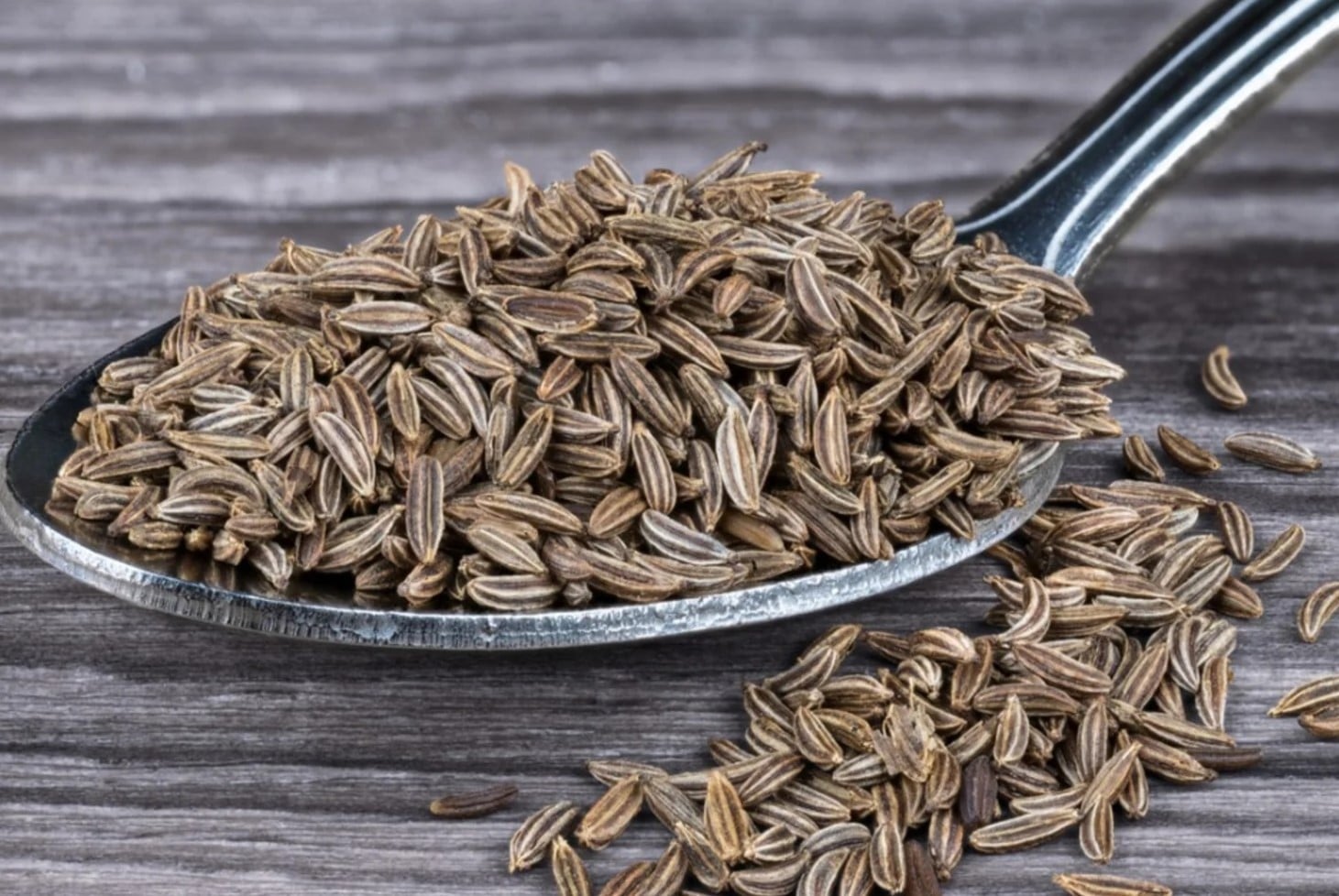
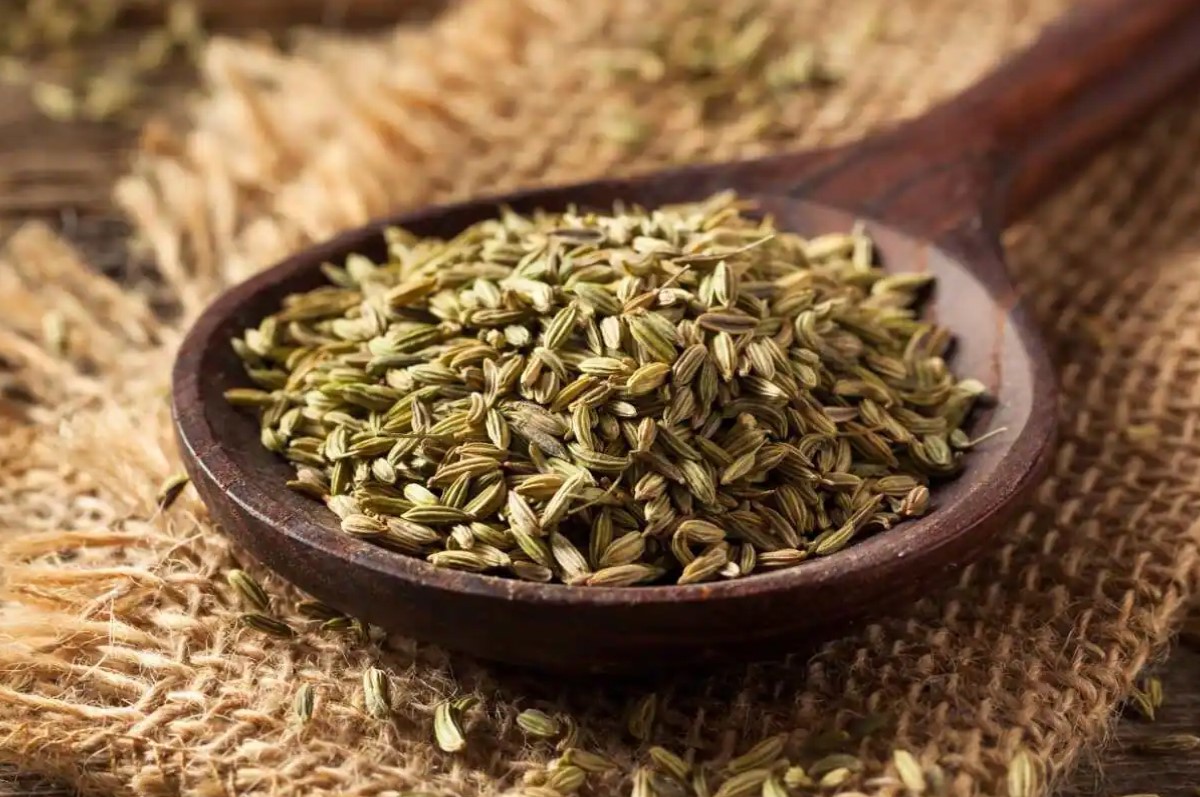
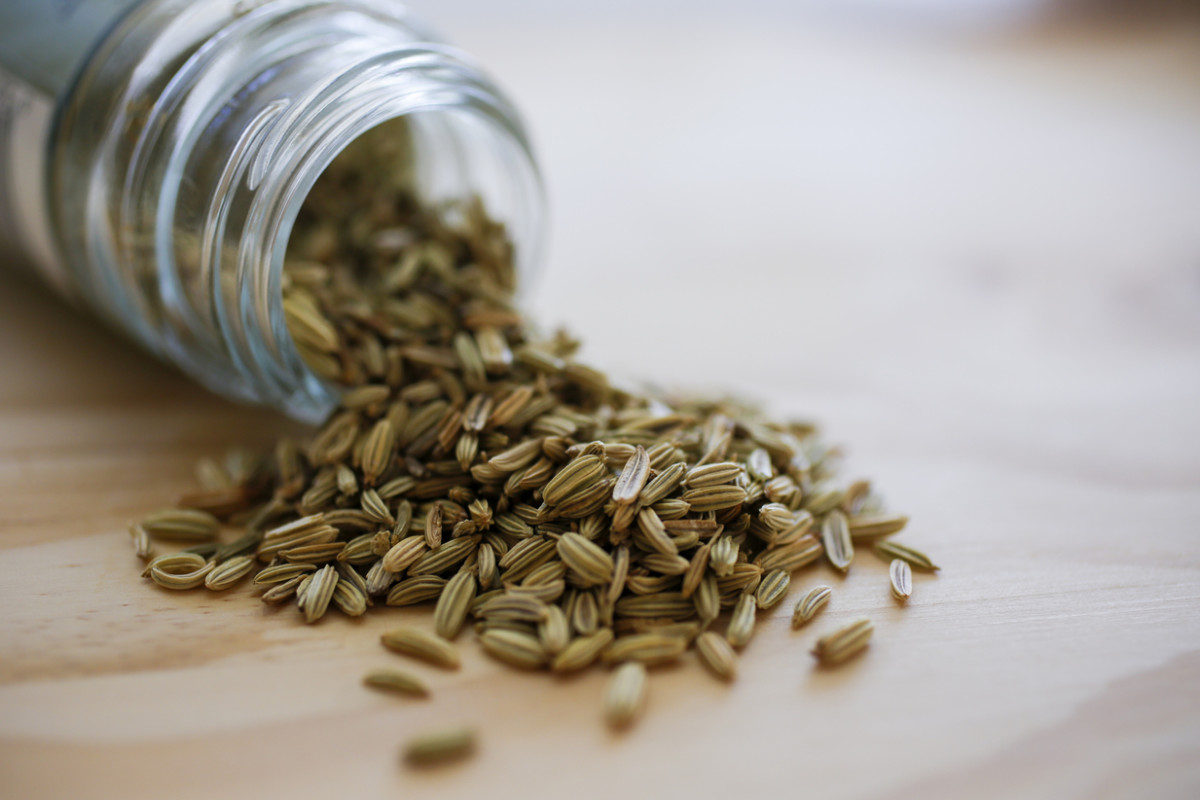
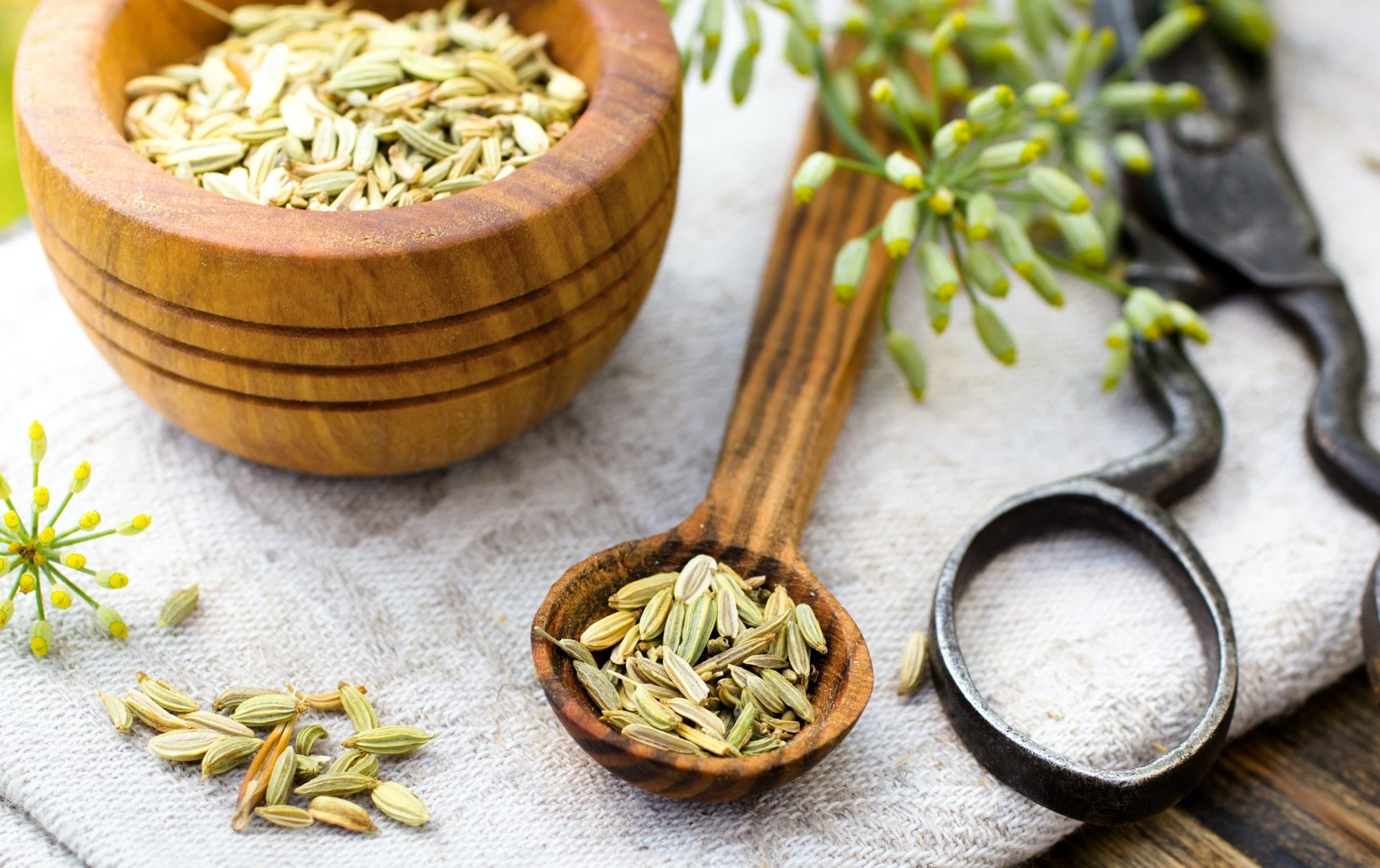
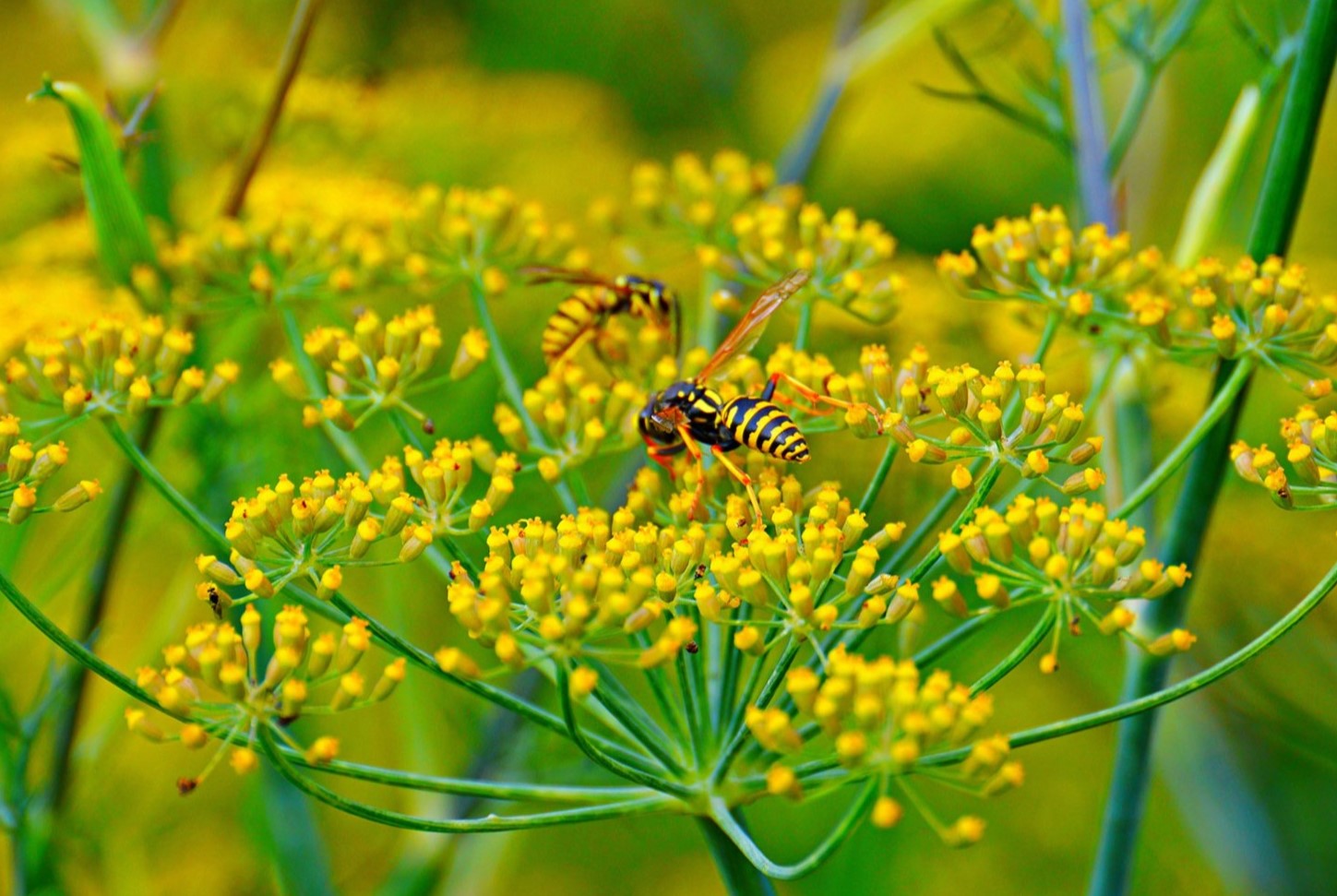
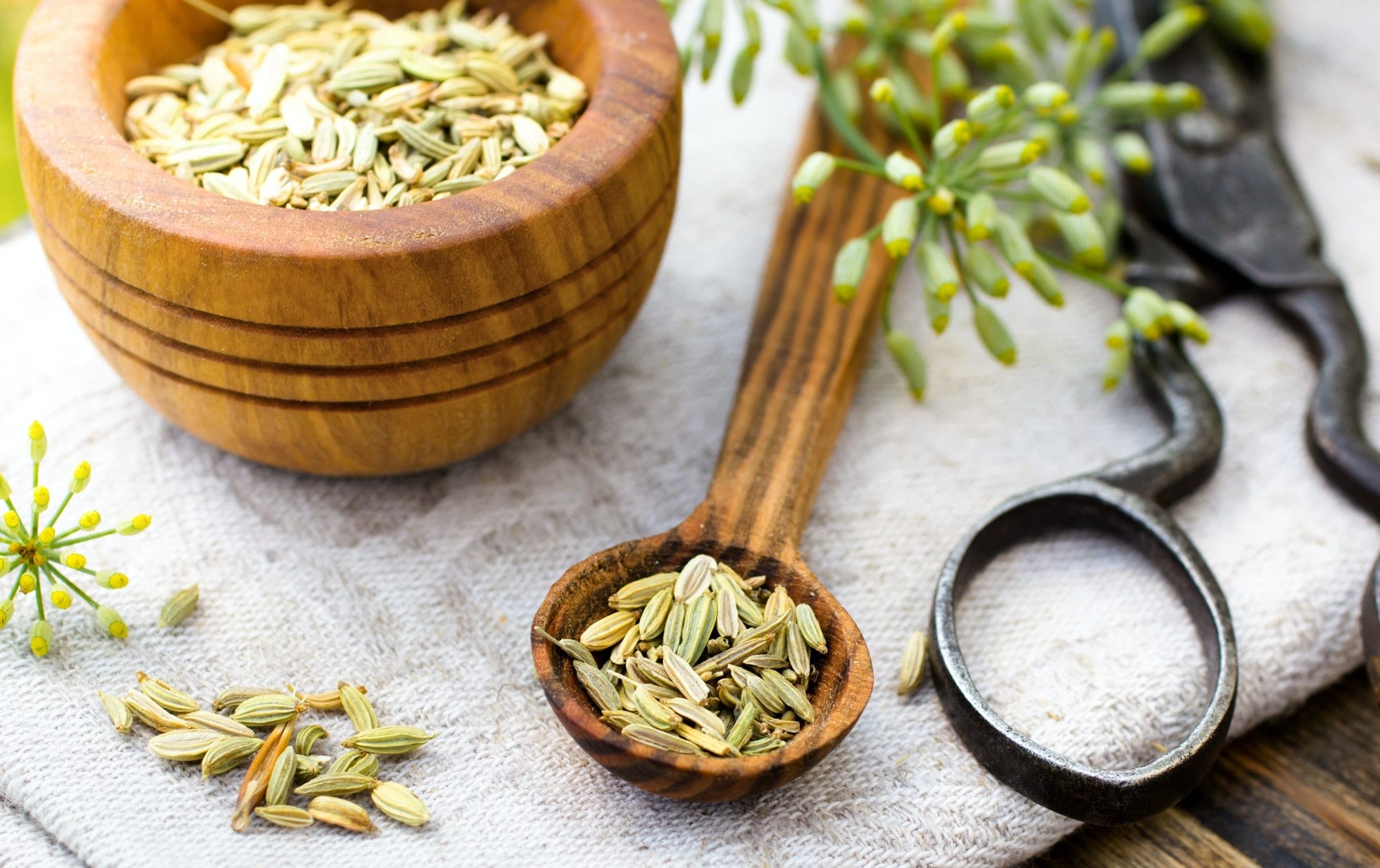
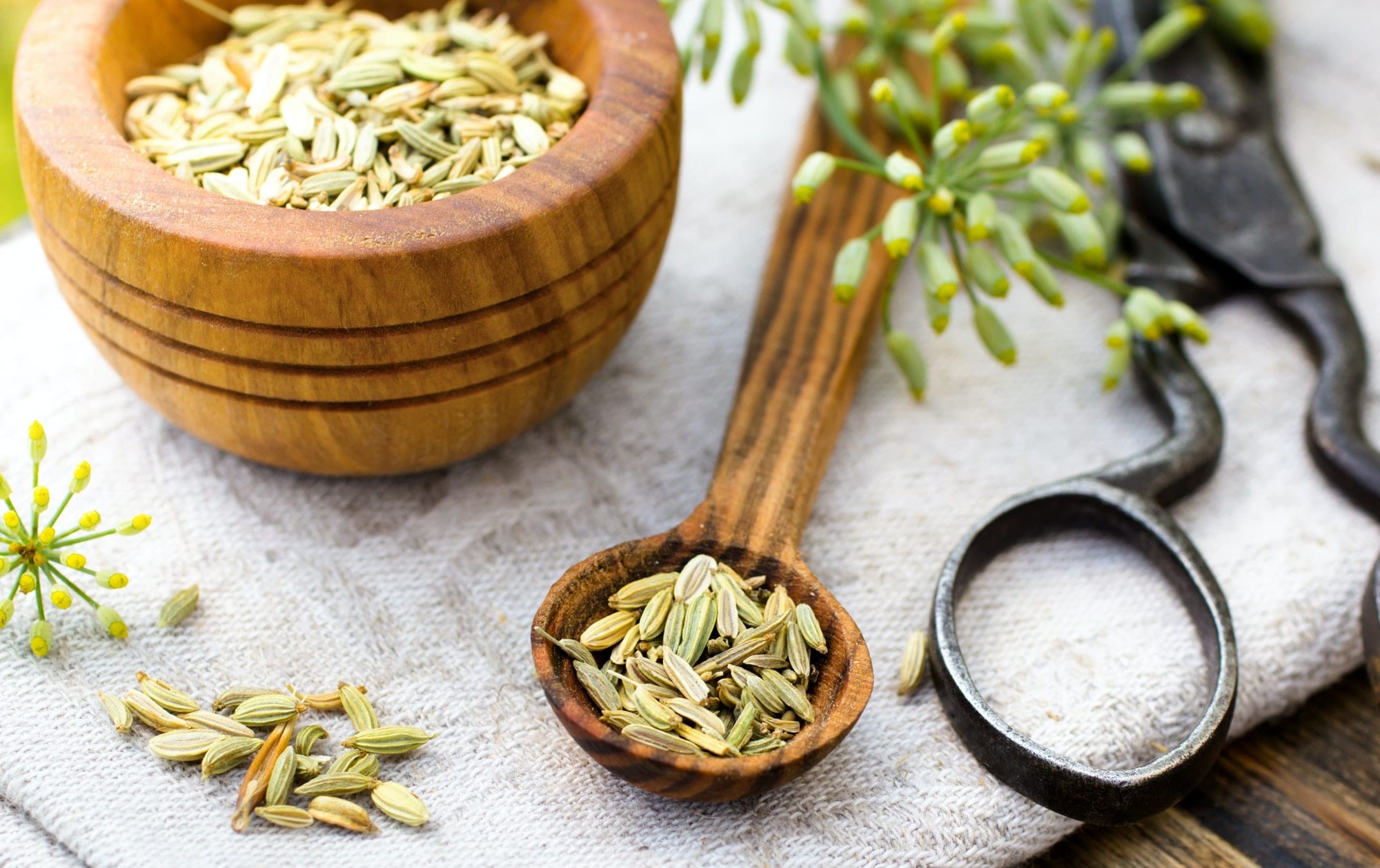
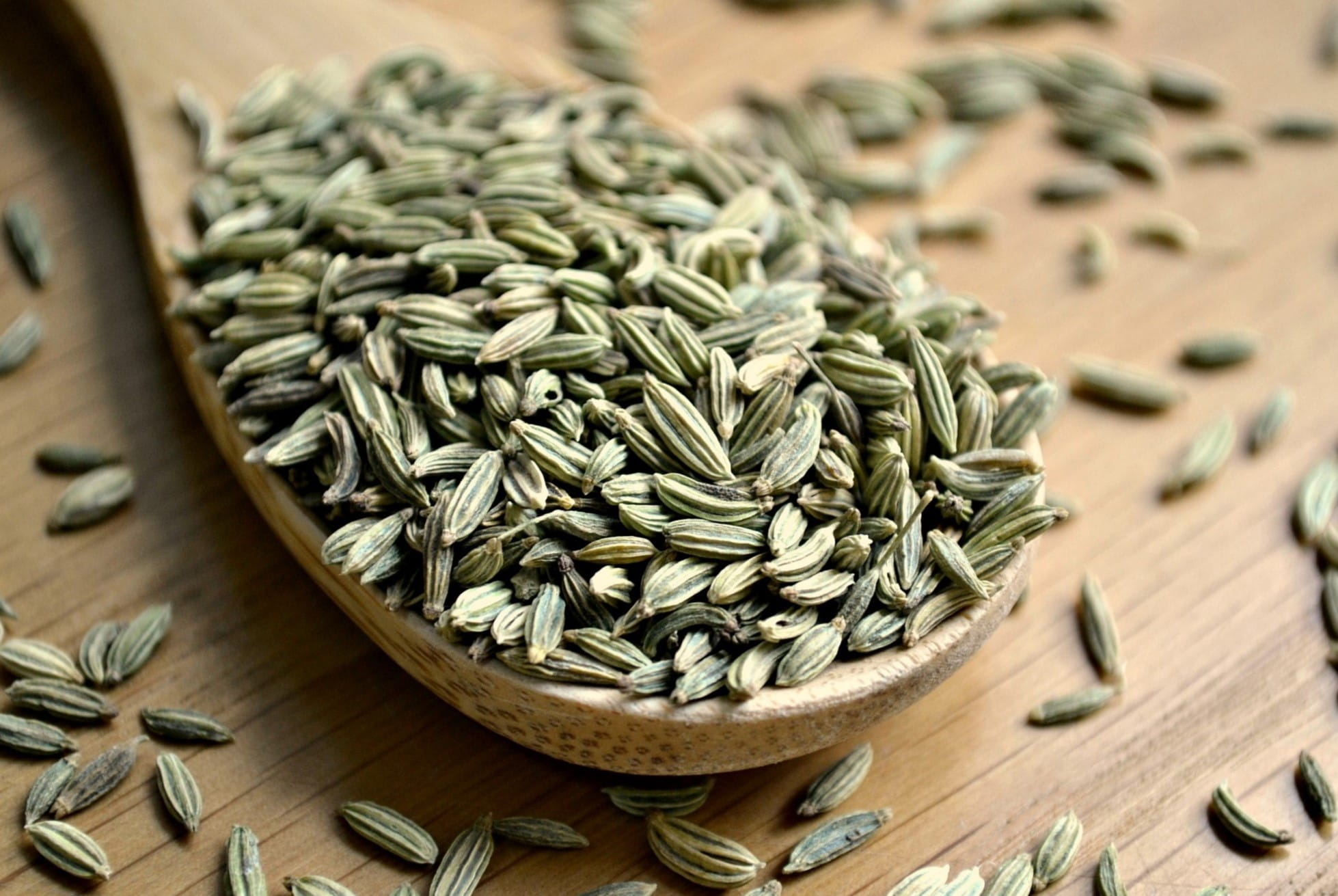
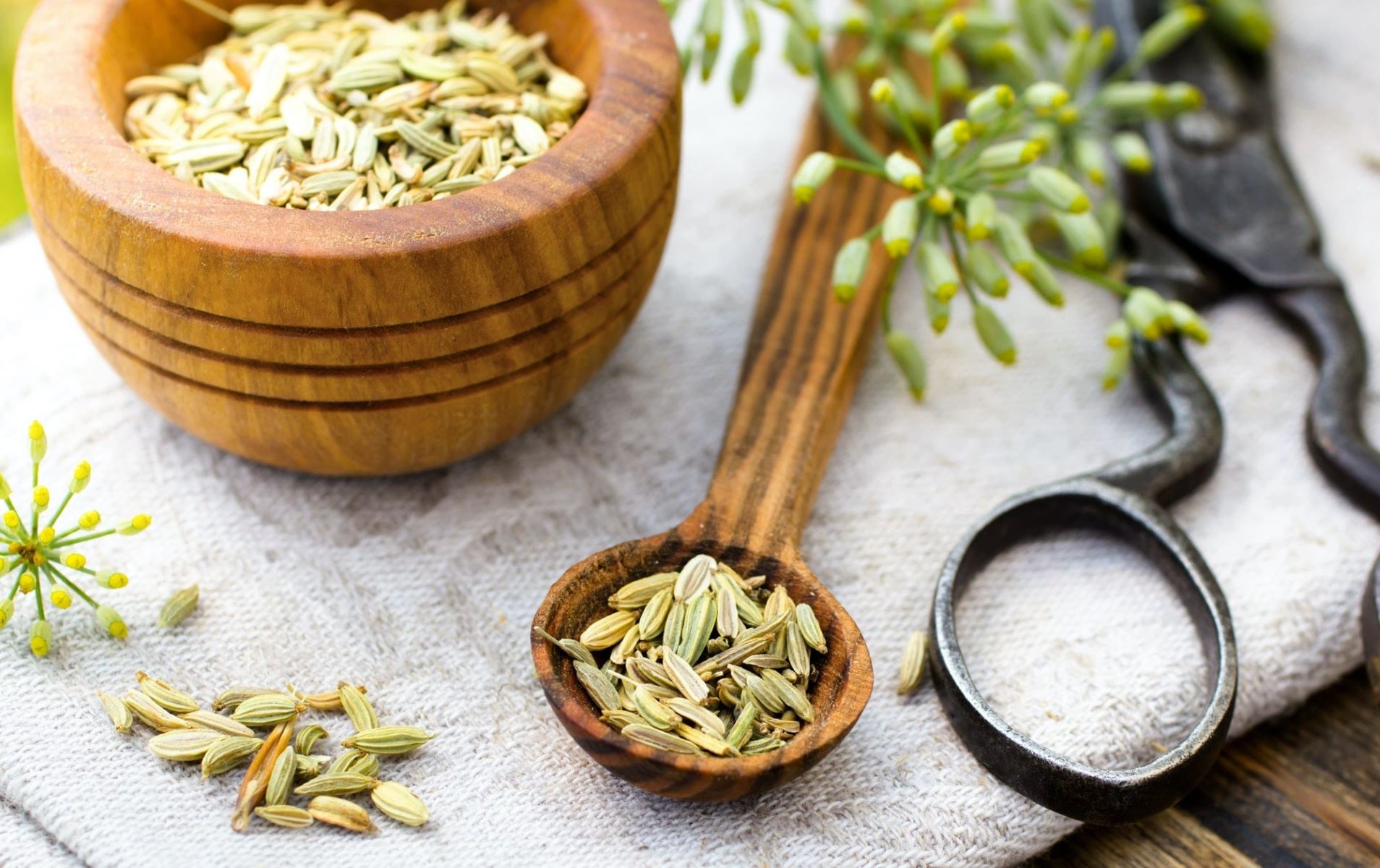
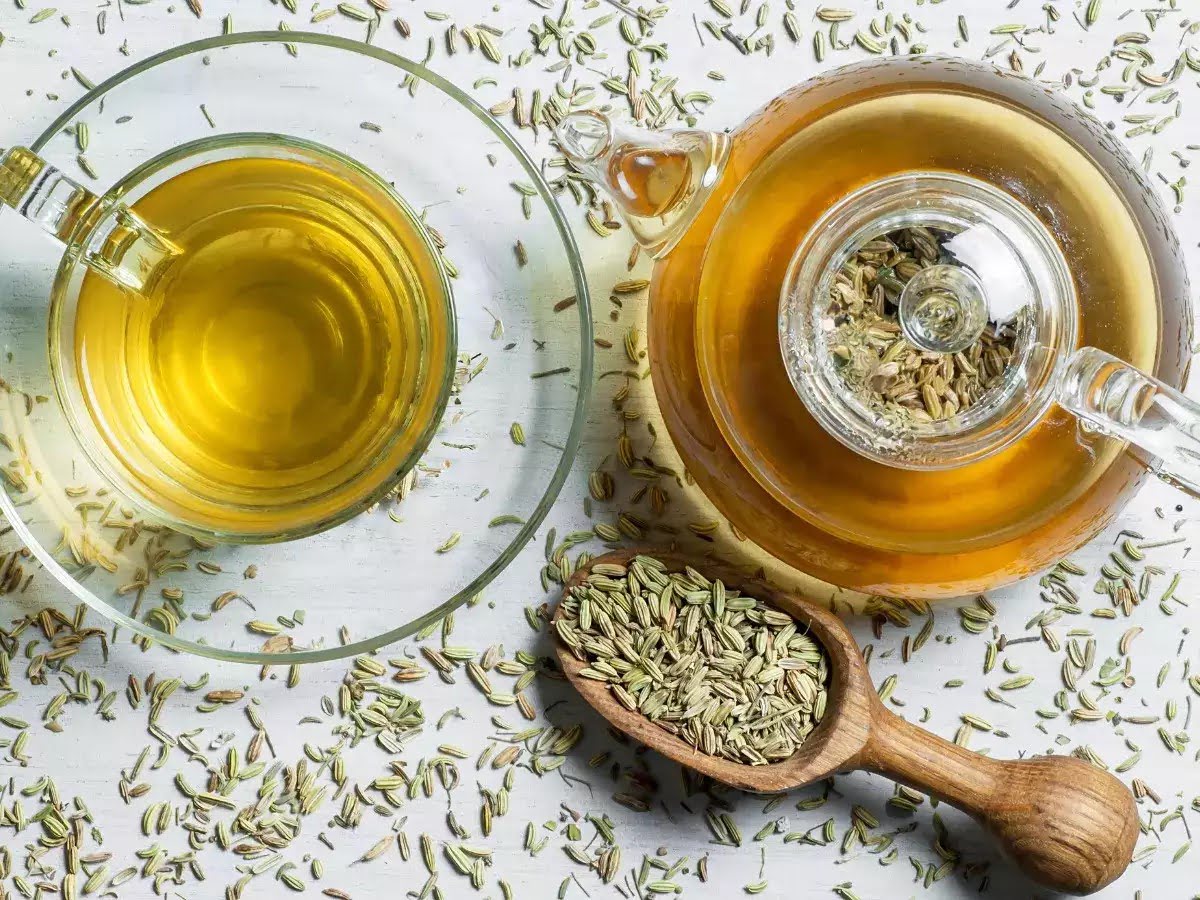
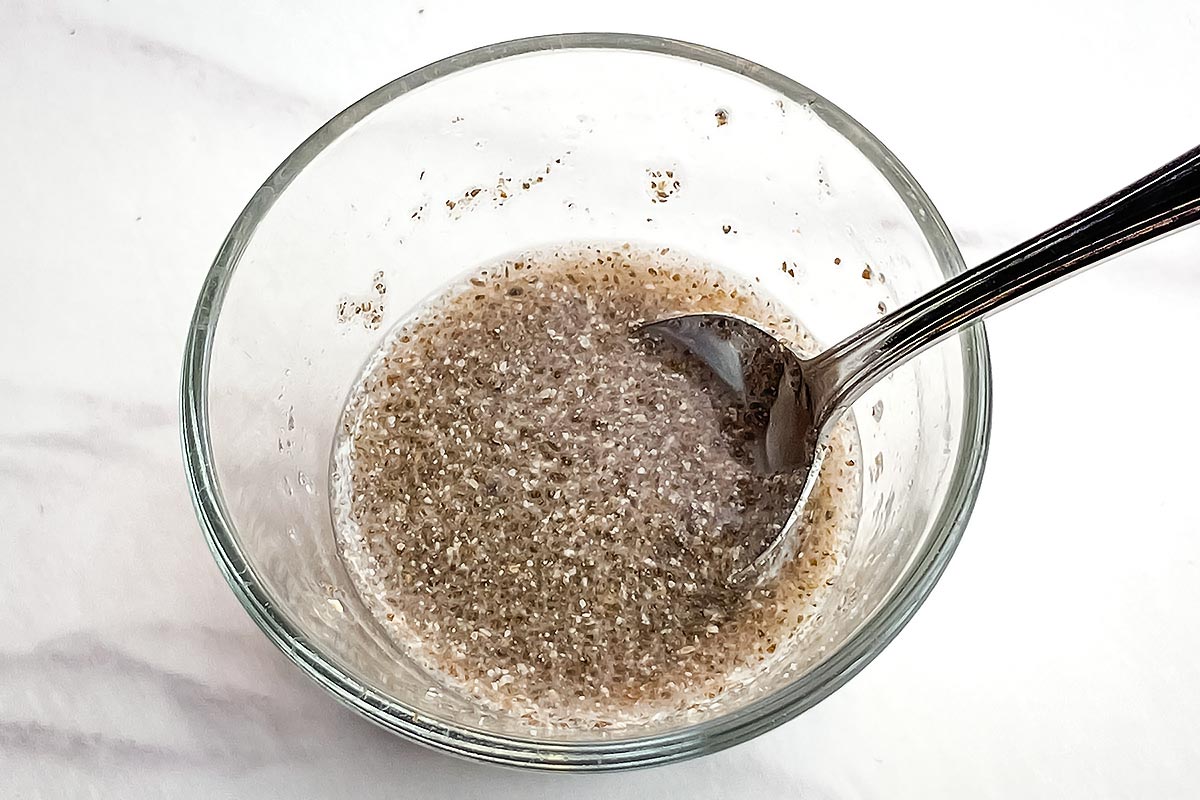
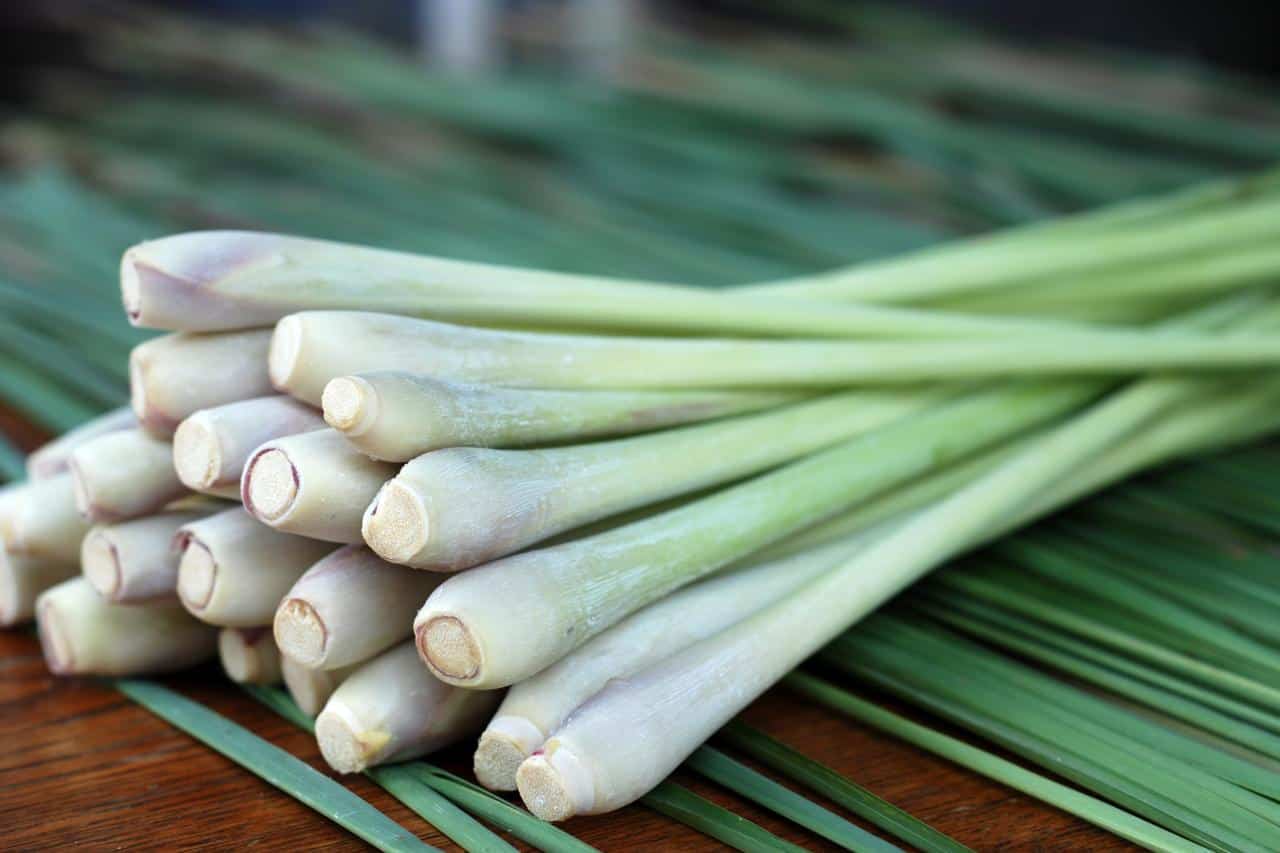

0 thoughts on “What Is A Substitute For Fennel Seed”